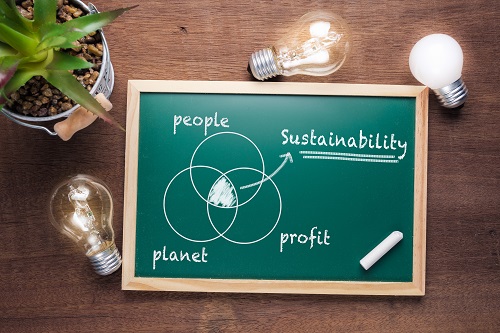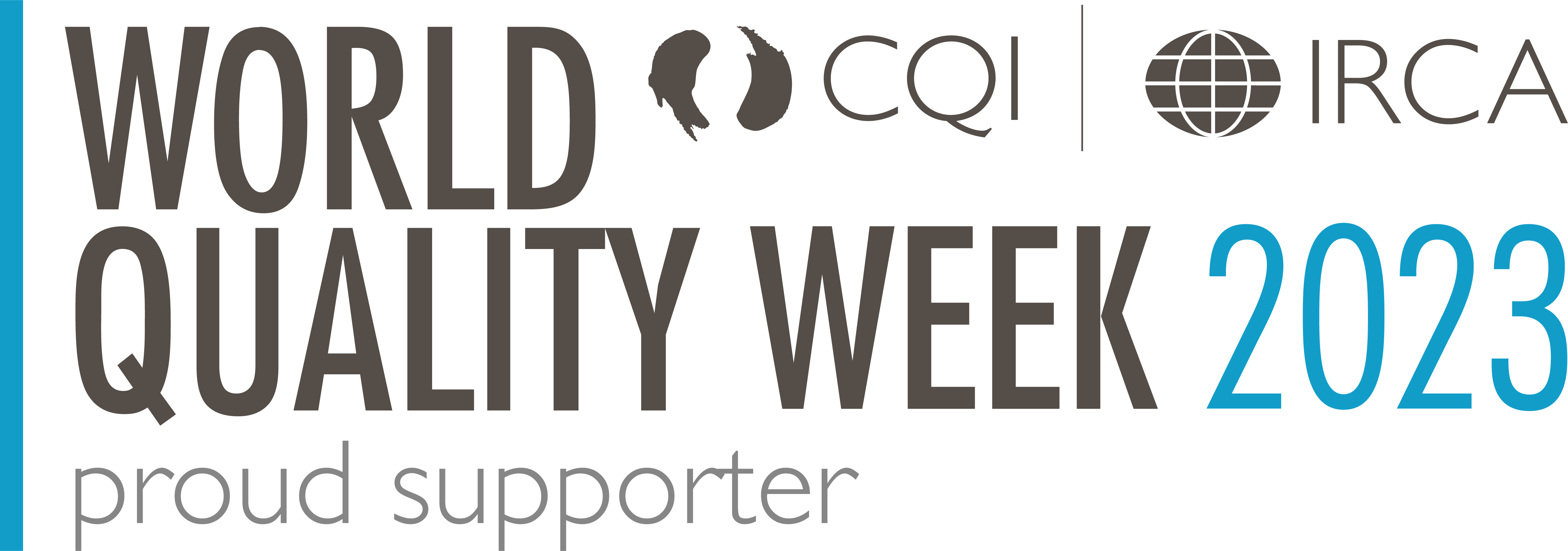Sustainability factors have made a rapid transition from the days of ‘lip-service’ and an inconvenient business nuisance to one of credible commitments, deep engagement and essential business practice. This was just one powerful observation from our recent economic, social and governance (ESG) roundtable, drawing in senior leaders from sectors as diverse as facilities management, food production, financial services, digital transformation and consultancy.
Focusing on the impacts that ESG thinking was having on organisational performance, reputation and profitability, there was strong agreement on the crucial importance of carbon reduction, social value and tackling modern slavery. Most spoke of the changes in perspective from staff, investors and consumers – reflecting increased awareness of healthy living, trusted credentials and a need for organisations to commit to, and prove, responsible trading. Many stressed that it was, “… not just the bright young things” who cared about working for a sustainable business, recounting stories of new recruits from all ages and disparate functions who had cited company website sustainability evidence at interviews.
In the week of the IPCC’s climate change report, and with the COP26 Summit in Glasgow fast approaching, carbon reduction was unanimously seen as the ‘table stake’ of doing business now and for the future. Extensive submissions such as carbon disclosure reporting (CDP) relied crucially upon accurate evidence through digitised record-keeping and shared data across supply chains. Even those going through the CDP process for the first time admitted they had learned so much about tackling the effects of climate change through their business operations. Improvements in data visibility would enable them to drive better operational decisions in the push towards carbon reduction, net zero and (ideally) carbon negative goods and services.
Social value was also rising rapidly, in terms of the positive impacts that understanding and embracing it could have for organisations. Volunteering programmes were felt to be most successful where they focused on specific activities, such as supporting employability for school leavers or hard-to-reach groups such as ex-offenders or military service leavers. Whilst there was a place for calculating social value’s financial contribution (through blended rates and proxy factors), there were firm beliefs that record-keeping should increasingly track impacts and outcomes as well. Social value programmes were seen to be highly effective where they supported client-specified agendas (echoing bid and tender submissions), but there were also significant mental health, resilience and skills development benefits for those employees who volunteered.
Modern slavery, unsurprisingly, was felt to be one of the more complex ESG factors to address properly. User-friendly technical platforms were key to tracking the many layers of intricate modern supply chains, allied with proactive supply chain management, due diligence on suppliers and a deep understanding of the problem. Operational managers should be held personally responsible for really understanding the contractors and suppliers they were using, even where these were bigger international brands. Training was essential to help those on the operational frontline spot the signs of modern slavery, and effective knowledge-sharing was crucial in the absence of (for now) few true commercial experts or extensive, integrated audit checks.
Organisations which overlooked changes in investor, consumer and staff sentiment, failing to implement robust ESG data management, were taking significant risks with their strategic value. Some went as far as suggesting that companies like that were gambling with their future. Seismic, ongoing changes in the fashion, food, retail, industrial and technology sectors had created a real and pressing need to tackle sustainability head on – setting ‘materiality’ boundaries to balance evidence and emotion. The origin of food, not just in terms of ingredients and overall carbon footprint but also in the treatment of food supply chain workers was just one powerful example.
David Picton, SVP of Sustainability, Alcumus said: “In essence, effective sustainability relies on evidence to drive true IMPACT – that can only be underpinned by data visibility to track what really matters and what’s really happening.”
To conclude, the business case for effective sustainability, backed up by trusted evidence and data, now offered true competitive advantages that had rapidly left ‘lip-service’ behind in the past decade or so. While still crucial to be profitable, there was an inexorable drive to link that with being good for the long term, resilient and responsible – and being able to prove it – if businesses were not to become uninvestable.
To learn more about how organisations can engage with sustainability in a more meaningful way and use technology to build safe, responsible and ethical operations – download our Whitepaper: ‘Building Sustainability Through Data Visibility’.






